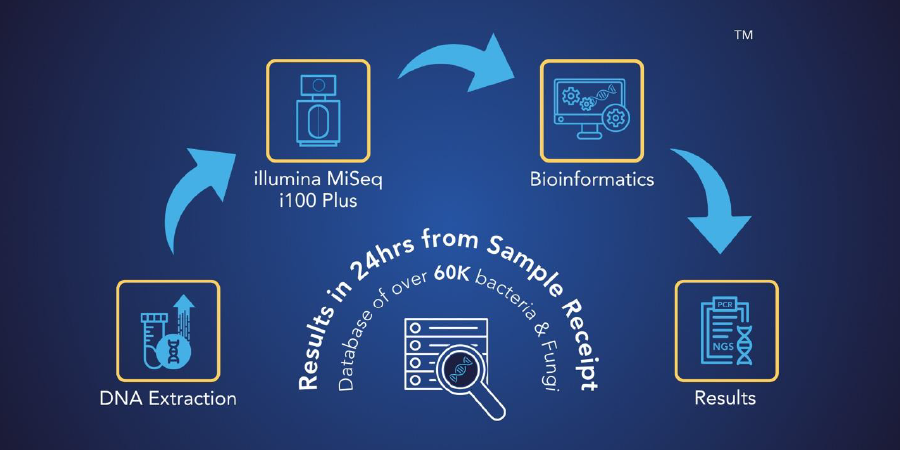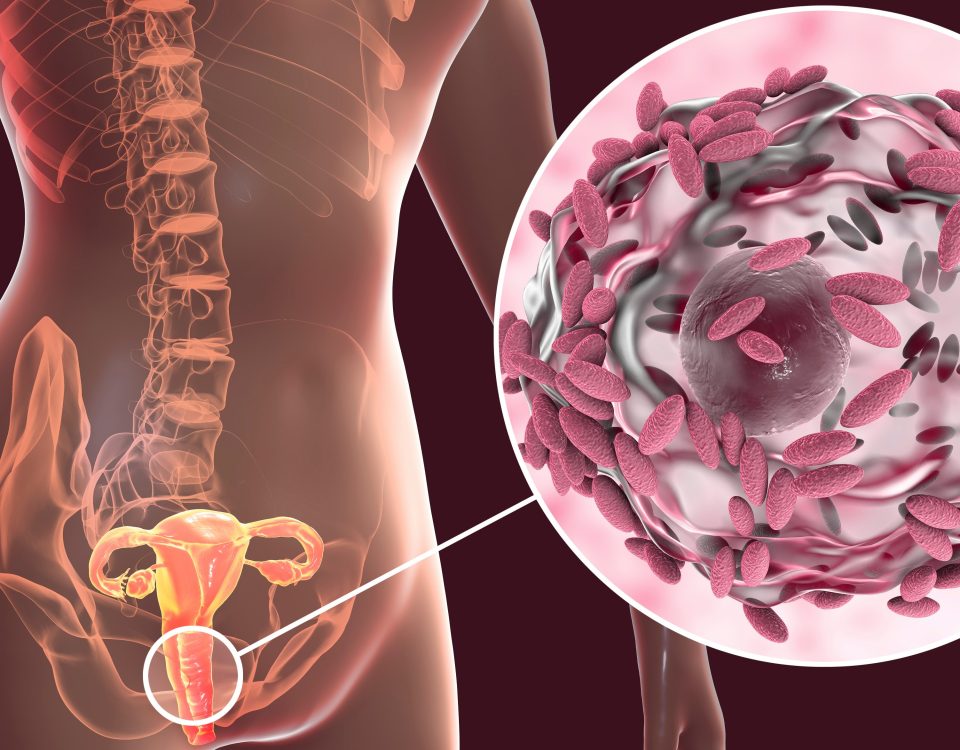Women experience unique health challenges. The higher hospitalization rates among women reflect this. The Centers for Disease Control and Prevention (CDC) reported that in 2018, more women experienced two or more hospital stays within 12 months as compared to men.1
According to the NICHD, women-specific health conditions can be broadly categorized into the following:2
- Gynecological health and disorders
- Pregnancy issues
- Disorders related to infertility
- Others (e.g., Turner syndrome, Rhett syndrome, ovarian and cervical cancers)
- Issues related to women’s overall health and wellness (e.g., osteoporosis, menopause, bone health)
Gynecological health, the branch of medicine that focuses on female reproductive health, is a crucial component of a women’s health, regardless of age, and it can have a significant impact on the quality of life, including the ability to work, engage in physical activities, sexual and mental health. More than 4.5 million women aged 18-50 reported at least one chronic gynecological condition annually.3 Gynecological conditions account for about 3 million doctor visits every year.3
Functional Medicine and Women’s Gynecological Health
By aiming to understand complicated women’s health issues from a holistic perspective, functional medicine often fills in the gaps when traditional medicine fails to provide patients answers or even effective treatment. This is especially true for women who experience higher rates of non-diagnosis or misdiagnosis than their male counterparts.4
Women also are more likely to receive delayed diagnoses.4 Many gynecological health conditions have complex clinical manifestations and patient-patient variations, therefore, contributing to the higher misdiagnosis rates. As a result, functional medicine allows women to get answers and treatments for their health conditions when conventional medicine has fallen short. Examples of such chronic disorders are urinary incontinence, urinary tract infections and lichen sclerosus.
Urinary Incontinence and Urinary Tract Infections
Urinary incontinence (UI) is the loss of bladder control and is extremely common among women, particularly elderly women.5 Although there are numerous causes of UI, such as age and existing medical conditions, the common cause includes UTIs.
A Case of an Auto-Immune Syndrome: Lichen Sclerosus
Lichen sclerosus (LS) is an uncommon, chronic inflammatory disorder that predominantly affects genital and extragenital skin. Symptoms include lesions, hyperkeratosis, sclerosis, ulcerations, fissures, scarring. As a result, patients often experience pain, soreness and burning sensations.6
LS, which affects women more than men — especially postmenopausal women — is a chronically relapsing disease that, if left untreated, could lead to destructive scarring and functional impairment. The condition can also evolve into genital cancers, like vulvar squamous cell carcinoma.6
In the early phases, LS is difficult to diagnose. Therefore, it is believed that LS is under-diagnosed and under-treated.7 Conventionally, a biopsy of the lesions at the anogenital area would have to be done. However, this is a highly invasive process requiring local anesthesia. Biopsies are not often performed in later stages because they can cause further trauma to the affected area.
So, what exactly is the etiology of LS? LS is considered an auto-immune disorder, and there are genetic factors found to be associated with LS. Trauma and chronic irritation caused by surgery, childbirth, or jewelry and piercings may also lead to LS development.
However, there is evidence linking infections and microbiota to LS. Multiple studies showed that bacterial Borrelia burgdorferi was detected in about half of LS patients.8 Also, interestingly, changes in skin and gut microbiota were observed in individuals with LS.6
Next-Generation Sequencing – a Better Diagnostic Approach
Functional medicine relies heavily on diagnostics tools to better understand the underlying causes of illnesses. With the inherent difficulty in diagnosing certain gynecological conditions, there is a pressing need for a more robust and comprehensive tool that performs accurate and detailed tests to treat these illnesses better. The next-generation sequencing (NGS) technology has advanced tremendously — today, DNA material from patients’ samples can be easily extracted and sequenced, providing information about genetic mutations or even microbial infections at an unprecedented resolution.
MicroGenDX is a leader in the molecular diagnosis of infections, offering an accurate and advance qPCR+NGS solution to detect and diagnose microbial infections. MicroGenDX compares the sequencing data to their database containing more than 50,000 microbial species and can provide a comprehensive report detailing the types of pathogens present in patients as well as information about drug sensitivity and resistance, all within 3-5 business days.
Such detailed diagnostic testing will help clinicians make informed decisions about treatment options for their patients. MicroGenDX’s Women’s Complete is a test that utilizes qPCR+NGS to accurately detect reproductive system infections, yeast overgrowth, urinary tract infections, interstitial cystitis, and bacterial vaginosis.
NGS More Effective Than Traditional Diagnostic Approaches
Next-generation sequencing is an advanced technology that can provide a high level of accuracy and power to detect the presence of pathogens causing diseases. Many women facing gynecological diseases have turned to functional medicine to get to the bottom of their conditions. NGS can aid functional-medicine practitioners in that pursuit, enabling better treatment and quality care for these patients.
Contact MicroGenDX today to learn more about how its Women’s Complete can help diagnose and treat difficult women’s conditions and disorders here or today.
References
- CDC. Data Finder – Health, United States – Products. https://www.cdc.gov/nchs/hus/contents2019.htm (2019).
- NICHD. What health issues or conditions are specific to women only? https://www.nichd.nih.gov/ https://www.nichd.nih.gov/health/topics/womenshealth/conditioninfo/whatconditions
- Kjerulff, K. H., Erickson, B. A. & Langenberg, P. W. Chronic gynecological conditions reported by US women: findings from the National Health Interview Survey, 1984 to 1992. Am J Public Health 86, 195–199 (1996).
- Dusenbery, M. ‘Everybody was telling me there was nothing wrong’. https://www.bbc.com/future/article/20180523-how-gender-bias-affects-your-healthcare (2018).
- Urinary Incontinence in Women. https://www.hopkinsmedicine.org/health/conditions-and-diseases/urinary-incontinence/urinary-incontinence-in-women.
- Corazza, M., Schettini, N., Zedde, P. & Borghi, A. Vulvar Lichen Sclerosus from Pathophysiology to Therapeutic Approaches: Evidence and Prospects. Biomedicines 9, 950 (2021).
- Kirtschig, G. Lichen Sclerosus—Presentation, Diagnosis and Management. Dtsch Arztebl Int 113, 337–343 (2016).
- Fistarol, S. K. & Itin, P. H. Diagnosis and Treatment of Lichen Sclerosus. Am J Clin Dermatol 14, 27–47 (2013).


